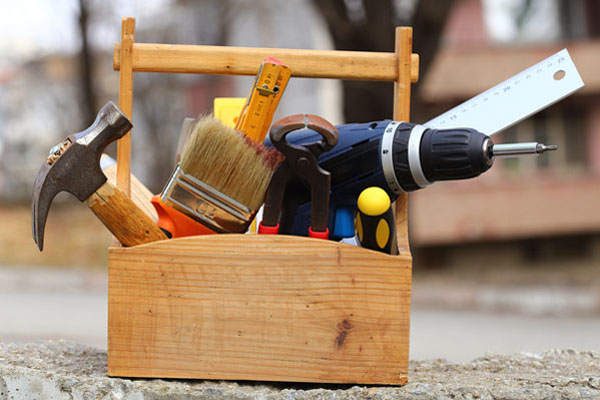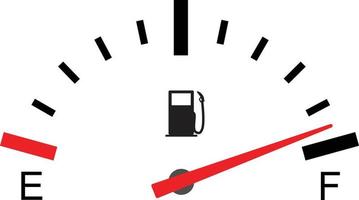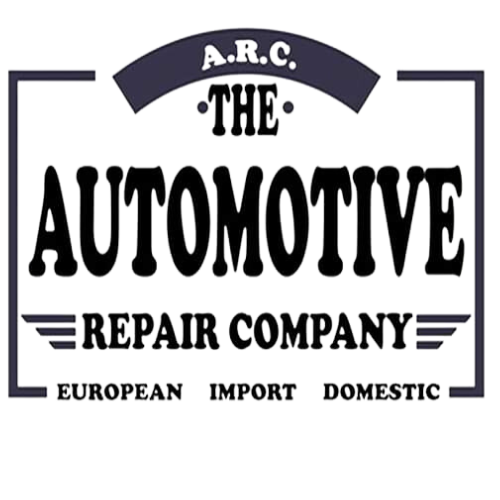
Do you feel like your car costs too much money? Whether you’ve been driving for a long time or just got a car, it can be expensive to keep and use a vehicle. But don’t worry, there are many good ways to save money on your car without giving up safety or how well it works. In this article, we’ll look at simple and new ways to keep more money in your pocket while still having the freedom and convenience of owning a car.
Regular Maintenance
Regular maintenance is important for keeping your car running smoothly and preventing expensive repairs and breakdowns. Following the manufacturer’s service schedule, found in your vehicle owner’s manual, helps keep your car in good condition and stops small problems from becoming big ones. Taking care of your car not only makes it last longer but also makes it worth more when you sell it. So, it’s a smart investment, not just an extra cost.
Many people don’t realize that regular maintenance is about more than just changing oil and rotating tires. It includes checking and changing brakes, belts, and fluids to keep the car running well. Getting regular check-ups from professionals can help catch problems early. This can save money by avoiding unexpected breakdowns or costly repairs.
DIY Repairs

Car owners can save money and take charge of their vehicle’s maintenance by doing it themselves. Knowing how to check and change air filters, spark plugs, and brake pads can help the car last longer and perform better. Online tutorials make it easy for people with little mechanical knowledge to learn how to do simple tasks like changing wiper blades or replacing a headlight.
DIY fans should be careful and avoid doing complex maintenance. Fixing small problems is good, but big repairs need the right skills and tools. It’s important to follow the vehicle manual for maintenance. Balancing DIY and professional help can help car owners save money and keep their vehicles in good shape.
Warning: DIY repairs can seem simple enough to do but when something goes wrong, like a spark plug breaking when trying to remove it, this can lead to expensive repair bills not to mention the cost of towing your vehicle to the mechanic shop. This DIY approach is not recommended by your mechanic.
Fuel Efficiency Tips

In today’s fast-paced world, fuel efficiency is not only environmentally responsible but also economical. Many drivers are constantly seeking ways to get more mileage out of each gallon of fuel. While common tips like driving at a steady speed and keeping your tires properly inflated are well known, there are other lesser-known strategies that can significantly improve your vehicle’s fuel efficiency. For instance, minimizing the use of air conditioning and turning off the engine instead of idling for extended periods can make a substantial difference in overall fuel consumption.
Furthermore, reducing excess weight in your vehicle by removing unnecessary items and roof racks can lessen the energy needed to propel your car forward. Additionally, scheduling regular maintenance for proper tune-ups and using high-quality motor oil can optimize engine performance and save on gas. These small adjustments may seem insignificant, but when combined they can make a remarkable impact on both your wallet and the environment.
Comparison Shopping
Comparison shopping is essential for getting the best deals on parts and services. When looking for parts, it’s important to compare prices from different suppliers to ensure you’re getting the most competitive deal. This is something we do when looking for parts for our customers. Additionally, comparing service providers can help you find a balance between quality and cost, ultimately benefiting your bottom line.
Technology has revolutionized comparison shopping with various online platforms and tools that allow consumers to easily compare prices and reviews across multiple sources. Using these resources equips buyers with valuable information to make informed decisions about their purchases.
Insurance and Warranties
When it comes to insurance and warranties, the goal is to strike a balance between maximizing coverage and minimizing costs. One strategy for achieving this balance is to carefully assess your individual needs and risks before committing to a policy. By evaluating the potential hazards that could arise in your specific circumstances, you can avoid over-insuring yourself or purchasing unnecessary warranty coverage.
Additionally, it’s important to understand the terms and conditions of the insurance or warranty you’re considering. Often, consumers overlook details such as coverage limits, exclusions, and deductibles, only to be surprised when they file a claim. Taking the time to thoroughly understand the fine print can help you identify any potential gaps in coverage while also enabling you to compare different policies effectively.
Leveraging technology can be an effective way of managing insurance and warranty costs. Using apps or comparison websites allows individuals to easily research multiple options and quickly identify value-for-money deals. Also, some insurers offer devices that track driving habits or smart home devices that monitor property conditions—potentially leading to reduced premiums by demonstrating responsible behavior. By embracing these emerging technologies, you may uncover additional cost-saving opportunities while maintaining comprehensive coverage.
Carpooling and Public Transit

Carpooling and public transit are not only environmentally friendly options for commuting, but they also offer significant cost savings. By sharing a ride with others, carpoolers can split the cost of gas and parking, reducing their monthly transportation expenses. Additionally, carpooling allows individuals to relax during the commute instead of dealing with the stress of driving in traffic, benefiting both mental well-being and productivity. You may have to check with your insurance company if additional coverage is needed for carpooling.
Public transit systems provide an efficient alternative to driving that can save commuters thousands of dollars annually on vehicle-related costs such as fuel, maintenance, and insurance. With regular service and dedicated lanes in many cities, public transportation offers a reliable way to travel without the burden of individual vehicle ownership. Embracing these alternative transportation options not only saves money but also contributes to reducing congestion and pollution in urban areas. Whether it’s through carpooling or utilizing public transit, exploring these alternatives can positively impact both personal finances and the community at large.
Auto Repair Financing
When it comes to auto repair financing, it’s important to understand that unexpected vehicle repairs can put a strain on your budget. Fortunately, many auto repair shops, like ours, offer financing options to help ease the financial burden. By spreading the cost of repairs over time through a payment plan, car owners can maintain their vehicles without breaking the bank.
Financing auto repairs allows individuals to address safety concerns and necessary maintenance promptly, preventing potential long-term damage to their vehicles.
Auto repair financing can be a game-changer for both car owners and repair facilities. This convenient option ensures that maintenance and necessary repairs are accessible without causing undue financial stress, ultimately promoting safer roads and well-maintained vehicles.
Using some or all of these tips will help stretch your dollar further than you think. Whether it’s routine maintenance, car pooling, auto repair financing or additional warranties you can be sure to save some of your hard earned cash over the long term.

